
The moment food or beverages are produced, or fruits and vegetables harvested, an aging process kicks in until the complete decay of the products. This is caused by bacteria and other organisms. Generators are used to flood the products with N2 that takes out the oxygen and prolongs the product lifetime significantly because these organisms cannot develop. Furthermore, chemical degradation of food caused by oxidation can be eliminated or stopped.
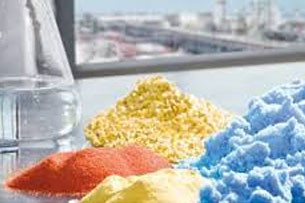
In the chemical and petrochemical industries, nitrogen is widely used for oxidation of raw chemicals for recovery of nitric acid, ethylene oxide, propylene oxide, vinyl chloride and other important chemical compounds.
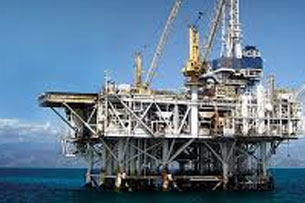
In the oil and gas industry, nitrogen finds application as a means for viscosity improvement and enhancement of oil-and-gas flow properties. Nitrogen is also used for boosting production capacity of oil cracking plants, efficiency of high-octane components processing, as well as for the reduction of sulfuric deposits in refineries.
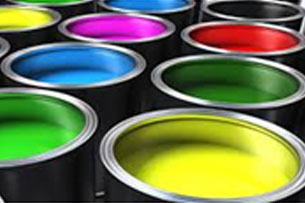
Paint and varnish production uses nitrogen for the creation of an inert environment in process vessels to ensure safety, as well as for oxygen displacement during packing in order to prevent polymerization of drying oils.
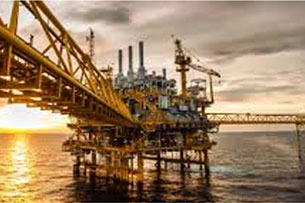
In the petroleum industry, nitrogen is an indispensable component in a number of processes. Most commonly, nitrogen is used to create an inert environment for preventing explosions and for fire safety and to support transportation and transfer of hydrocarbons. Additionally, nitrogen is used for pipeline testing and purging, cleaning technological vessels and cleaning liquefied gas carriers and hydrocarbon storage facilities.
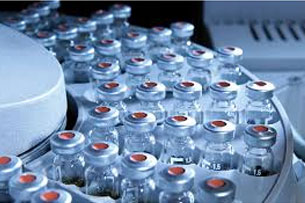
In pharmaceutical industry, nitrogen finds application in pharmaceuticals packaging, and ensuring against explosion and fire safety in activities where fine dispersed substances are used.